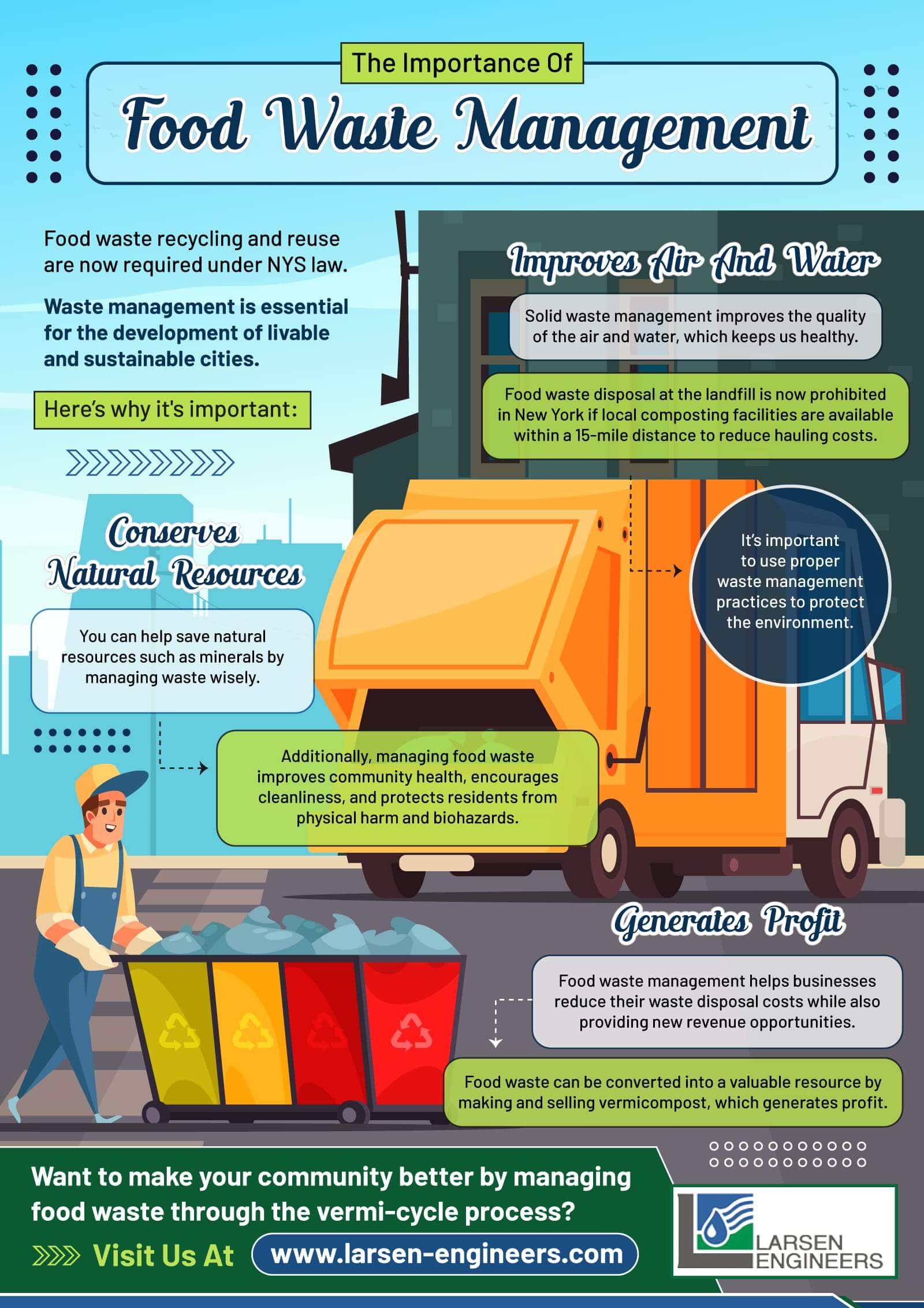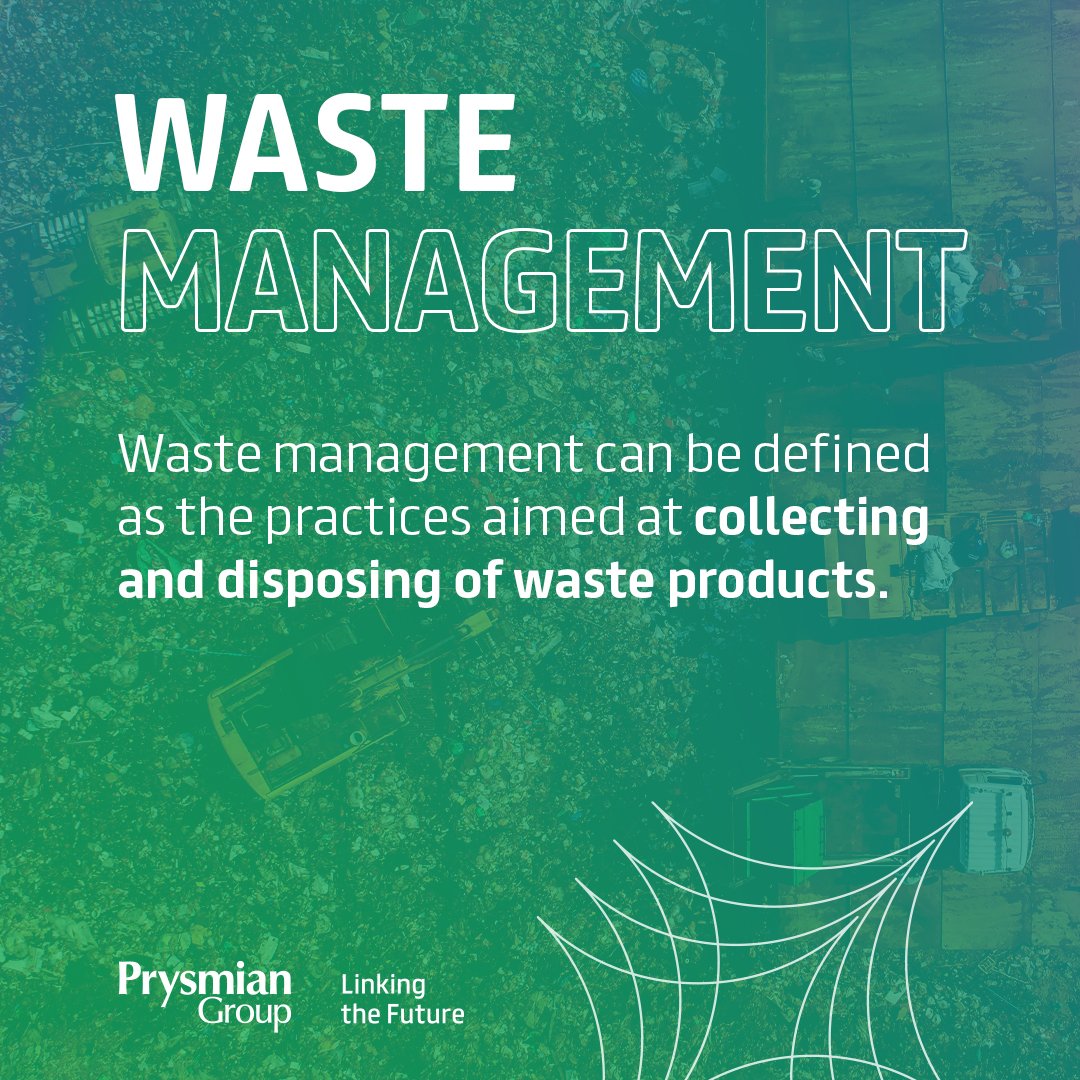3 Simple Techniques For Reclaim Waste
3 Simple Techniques For Reclaim Waste
Blog Article
Reclaim Waste Things To Know Before You Get This
Table of ContentsAbout Reclaim WasteSome Known Facts About Reclaim Waste.Some Of Reclaim WasteThe Best Guide To Reclaim Waste9 Simple Techniques For Reclaim Waste
With correct fluid waste management, firms can minimize energy-intensive treatment procedures and disposal costs. They also reach save resources and allot them in various other pertinent processes. There are numerous regulations that protect public health and the setting. By following a system for managing liquid waste, companies can avoid pricey penalties and charges and avoid unfavorable promotion.(https://blogfreely.net/reclaimwaste1/yc311a58b1)Accumulate depictive samples from different factors within the waste stream to ensure precision. Fluid waste, particularly hazardous ones, postures considerable risks throughout this action.

is called for when the effluent will be reused or discharged into municipal pools. Sanitation (e.g., chlorination, ultraviolet light, ozonation) and nutrient elimination (e.g., denitrification and phosphorus removal) are suggested under rigid regulations. This stage in the procedure is purely managed due to the fact that it is when most risks occur. Many companies violated numerous liquid waste disposal regulations in recent times.
5 Simple Techniques For Reclaim Waste

Shallow basins have fluid waste that is enabled to vaporize with all-natural processes. This kind of disposal is subject to rigorous environmental regulations due to potentially unsafe exhausts.
The findings ought to be documented, evaluated, and saved not just for entry to governing authorities but also for making improvements in the future. Share info with pertinent stakeholders (e.g., staff members, regulative government firms, and neighboring communities) to maintain transparency and accountability.
Regardless of the firm size or industry, there are countless difficulties related to this task. Understanding these can aid them effectively handle their procedures and decrease their environmental effect. makes it tough to deal with and deal with fluid waste securely. Business that can't buy centers should take into consideration teaming up with the general public market for better services.
A Biased View of Reclaim Waste
By implementing thorough administration systems that include treatment and recycling strategies, normal surveillance, threat analyses, and adherence to local and government laws, commercial facilities can add to the protection of groundwater supplies, ensuring their accessibility for future generations (liquid waste disposal). Let's look into the relevance of effective liquid waste administration in the commercial industry, concentrating on its effects for securing groundwater sources
The contamination of groundwater resources due to inappropriate liquid waste monitoring in the commercial market has far-ranging effects for human wellness, farming, and the setting as a whole. Some of the potential impacts brought on by such contamination consist of: Contaminated Alcohol consumption Water Materials: As groundwater provides a considerable section of our alcohol consumption water, contamination from commercial activities can lead to damaging chemicals and microbes entering our water systems, posing health and wellness threats for human beings.
Lowered Agricultural Performance: Agriculture relies heavily on groundwater for watering; consequently, polluted water can prevent crop returns, contaminate farming products, and impact food security. Provided the value of preserving groundwater sources, it is important for businesses to take a proactive position in handling their fluid waste properly and avoiding contamination.
A Biased View of Reclaim Waste
Fluid waste can pollute land and contaminate waters. Under the Defense of the Environment Procedures Act 1997, companies look at this now that generate liquid waste are needed to manage it in such a way that shields the atmosphere and the neighborhood. Information concerning handling and saving liquid waste, reacting to spills and lowering fluid waste is readily available in the adhering to fact sheets and support:.
The duty of waste monitoring professionals in safeguarding this valuable resource can not be overemphasized. Polluted water and polluted effluent monitoring: Guaranteeing that hazardous fluids are securely removed and treated before they can damage our water resources.
Thus, integrating lasting fluid waste management right into economic preparation boosts financial security and secures the environment, demonstrating the worth of this method. In final thought, adopting expert liquid waste monitoring techniques is crucial for making sure a sustainable future, protecting our atmosphere and protecting the wellness of future generations.
When it concerns taking care of waste, adhering to correct treatments is critical for a wide range of reasons. Proper waste disposal is not simply about sanitation; it's about ensuring the health of our atmosphere, health and wellness, and the efficient usage of resources. Understanding the value of reliable waste administration can aid all of us add to a healthier, cleaner world.
Little Known Facts About Reclaim Waste.
Effective waste management helps keep tidy roads and public rooms, lowering the visual effect of trash and guaranteeing that waste does not hurt wildlife. When waste is not taken care of correctly, it can result in pollution, where unsafe materials can leach into the dirt, water systems, and the air, creating lasting ecological problems.
Report this page